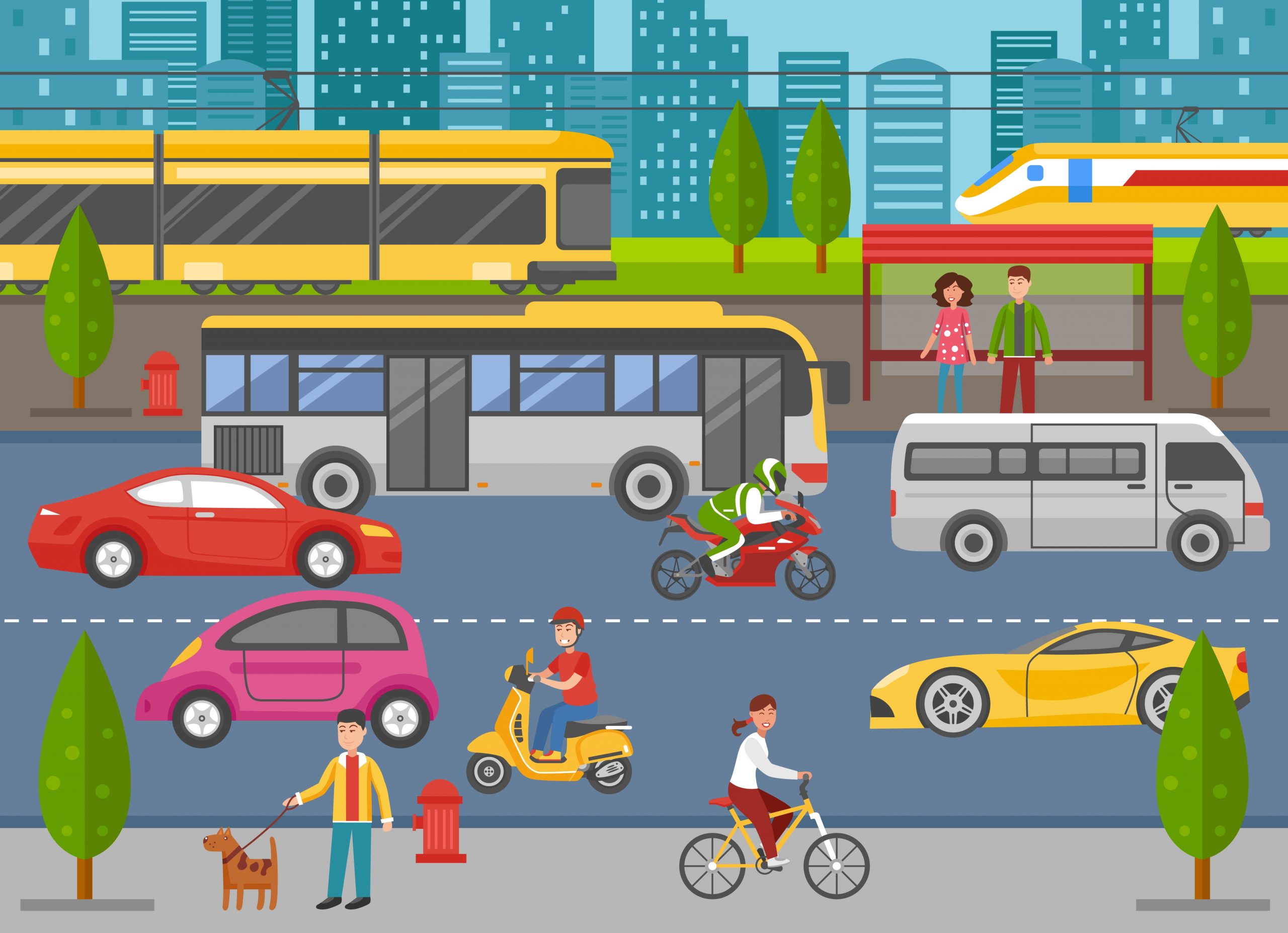Transportation plays a pivotal role in our modern society, facilitating the movement of people and goods across vast distances. However, amidst its undeniable benefits, it is crucial to acknowledge the negative effects that transportation can have on various aspects of our lives. In this blog post, we will delve into three significant negative impacts of transportation, shedding light on their implications and exploring potential solutions.
- Environmental Degradation:
Transportation, particularly the reliance on fossil fuels, significantly contributes to environmental degradation. The combustion of gasoline and diesel fuels releases greenhouse gases, such as carbon dioxide and nitrogen oxides, into the atmosphere, exacerbating climate change. Additionally, transportation infrastructure, such as roads and airports, often leads to deforestation, habitat fragmentation, and loss of biodiversity. The negative consequences of transportation on the environment call for urgent action to transition towards sustainable alternatives, such as electric vehicles, public transportation systems, and the development of greener infrastructure. - Traffic Congestion:
One of the most visible and frustrating consequences of transportation is traffic congestion. As urbanization continues to rise, the number of vehicles on the roads increases, leading to gridlock, wasted time, and increased fuel consumption. Traffic congestion not only hampers productivity but also contributes to air pollution and heightened stress levels among commuters. To alleviate this issue, cities can implement intelligent transportation systems, promote carpooling and ridesharing, and invest in efficient public transportation networks. Additionally, urban planning should prioritize pedestrian-friendly infrastructure and encourage alternative modes of transportation, such as cycling. - Health Impacts:
Transportation can have detrimental effects on public health. The emissions from vehicles contribute to air pollution, which has been linked to respiratory diseases, cardiovascular problems, and even premature death. Moreover, sedentary lifestyles resulting from excessive reliance on cars can lead to obesity, diabetes, and other chronic diseases. To mitigate these health risks, governments and individuals should prioritize active transportation, such as walking or cycling, and advocate for policies that promote physical activity and reduce air pollution. Furthermore, the integration of green spaces and pedestrian-friendly infrastructure in urban planning can encourage active lifestyles and improve overall public health.
Conclusion:
While transportation undoubtedly plays a crucial role in our interconnected world, it is imperative to acknowledge and address its negative impacts. Environmental degradation, traffic congestion, and health implications are just a few of the challenges we face. By embracing sustainable alternatives, investing in efficient infrastructure, and prioritizing public health, we can pave the way for a more sustainable and inclusive transportation system. Let us strive for a future where transportation serves as a catalyst for progress while minimizing its adverse effects on our planet and well-being.


